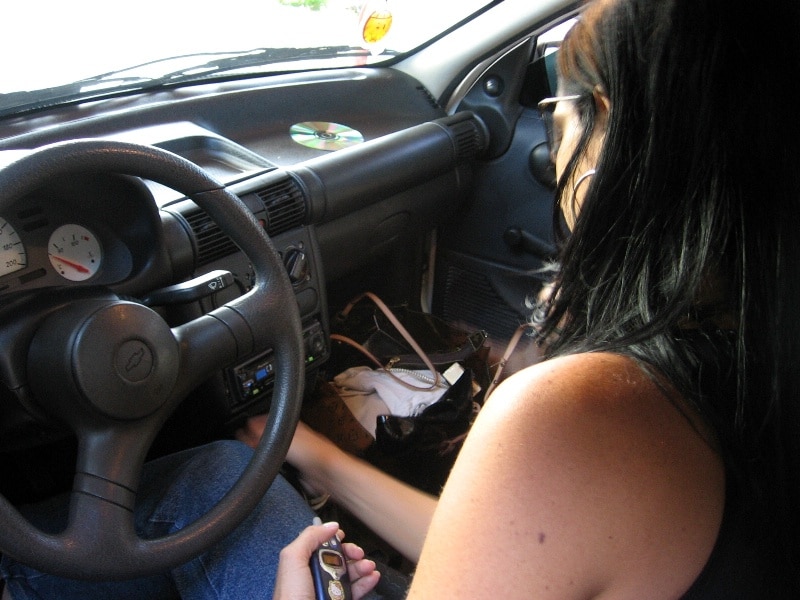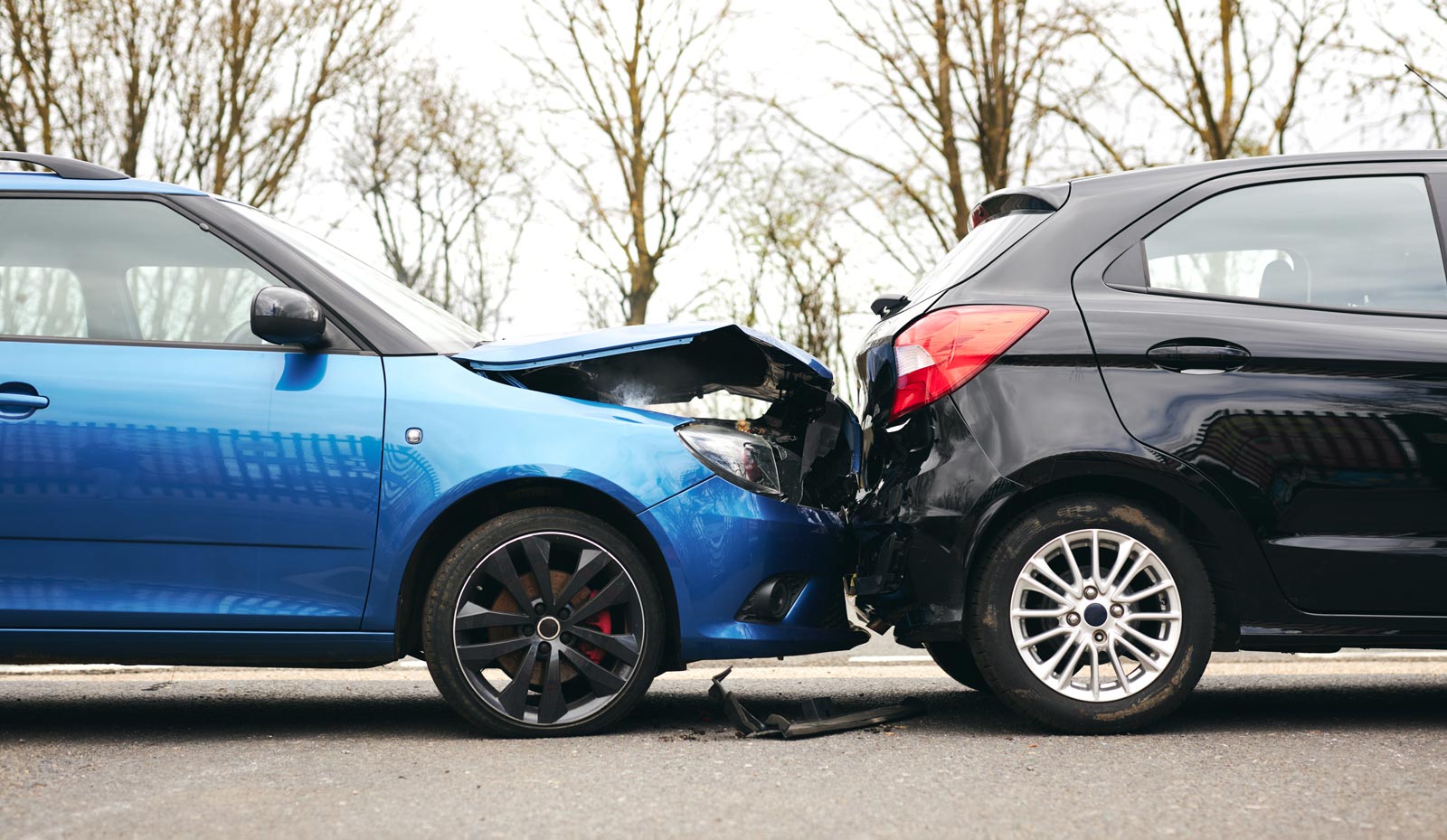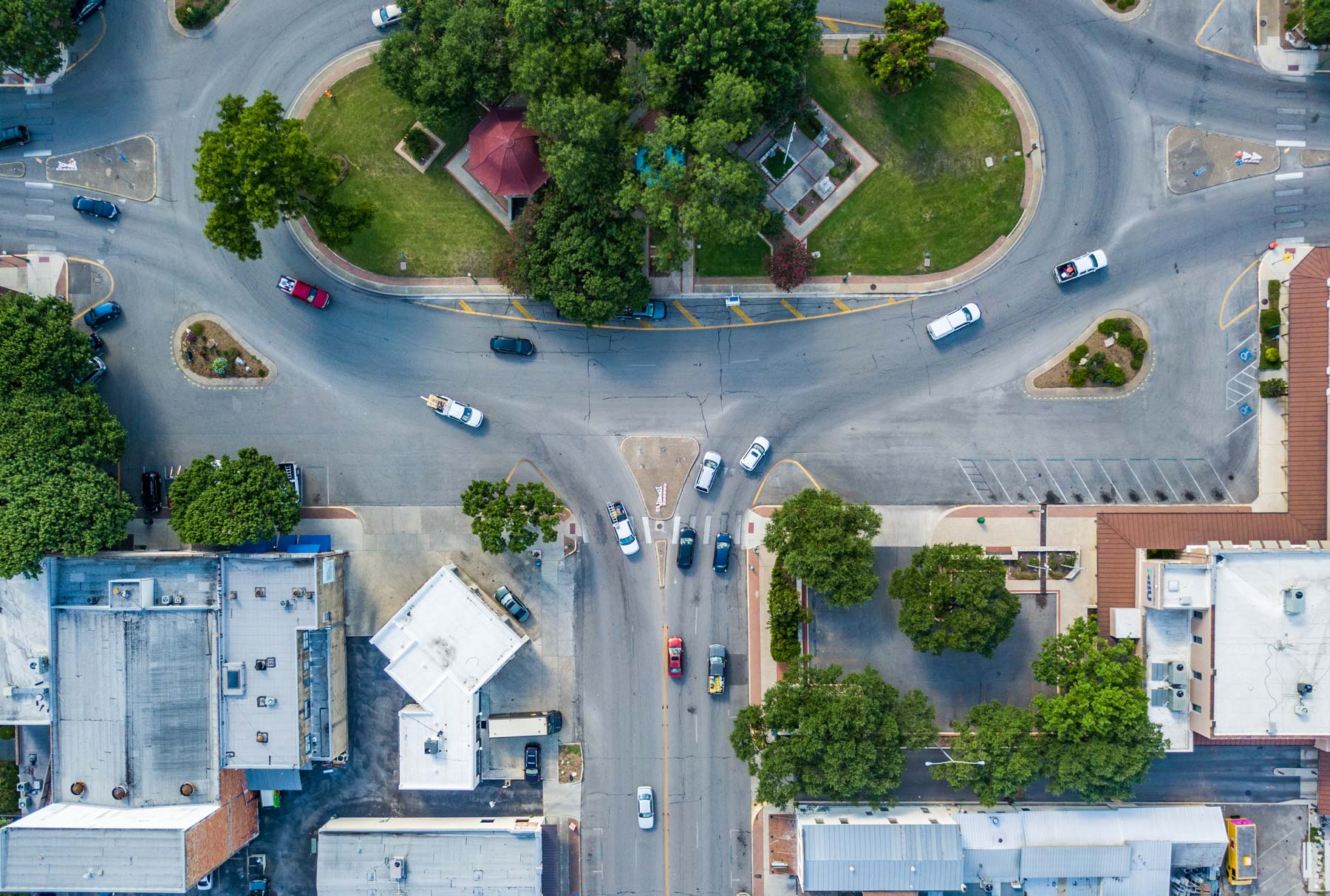7 Steps You Need to Take After a Car Crash
- Move your vehicle off the road, if possible.
- Make sure no one is hurt.
- Call 911 to report the crash.
- Gather information and evidence.
- Go to the emergency room or see your doctor.
- Contact friends and family.
- Speak to Crosley Law before you notify the insurance company.
Taking the right steps after a car crash can help keep you safe and strengthen your motor vehicle injury claim. Whether you’ve been in a recent car crash or you’re about to hit the road, you need to know what to do if you find yourself in a wreck.
To learn important details about each step you need to take after a car crash, keep reading.
At the Scene: What to Do Right After a Crash
Immediately after a wreck, safety should be your top priority. That typically means you’ll need to move your vehicle off the road, assess everyone’s injuries, and call 911.
1. Move Your Vehicle off the Road, if Possible
After a car crash, your first thought might be to move you and your vehicle out of the road—you don’t want to block traffic or get hit again. In many cases, moving your vehicle to the shoulder or into a parking lot is the right decision. If the possibility is high that another vehicle could hit you or your car, move out of the way if you can.
“Immediately after a wreck, safety should be your top priority. That typically means you’ll need to move your vehicle off the road, assess everyone’s injuries, and call 911.”
In fact, under Texas law, you must move your car off the roadway if the crash occurred on a freeway and your car can be driven “normally and safely.”
However, there are a few situations when you may be better off leaving your vehicle where it lies after the crash.
- The collision totaled your vehicle or it’s impossible to move the vehicle safely
- There’s crash debris on the road that could further damage your vehicle if you tried to move
- A passenger is severely injured, and jostling them could worsen their condition
You also should never flee the scene of a crash or commit a hit and run, since this behavior is also against the law.
2. Make Sure No One Is Hurt
Once your vehicle is a safe location, make sure that everyone in the other vehicle is uninjured. Unless someone in your car needs immediate emergency care, hold off on calling 911 until you assess everyone’s condition. That way, you can tell the 911 dispatcher exactly how many people need medical care and the severity of their injuries.
RELATED: 6 Calls to Make After Your Car Accident
3. Call 911 and Report the Crash
After a car crash, you should always call 911, even if no one is seriously injured. Under Texas law, you must report a collision if there are any injuries or at least $1,000 in vehicle damage. There are also other reasons to call 911:
- Police reports can be crucial evidence in a personal injury claim.
- The police may be able to reduce the risk of secondary accidents or further injury by directing traffic or blocking off the area.
- A police officer can help ensure that the other driver cooperates fully.
If someone is seriously injured and in need of immediate help, the dispatcher might patch you through to the paramedics or another medical professional. They will walk you through what you should and should not do while you wait for an ambulance to arrive. Avoid moving the person unless a medical professional tells you it is safe to do so, or if the person is in immediate danger due to where they lie.
4. Collect Information About the Crash
Most personal injury cases aren’t open-and-shut. The other driver may deny responsibility or have inadequate insurance coverage. Or the insurance company may try to diminish the value of your claims, prioritizing profits over people.
To fight back, you’ll need strong evidence that links your injuries to the crash and the at-fault driver’s conduct. To start:
- Write down the other driver’s contact information and insurance information
- Gather contact information from any other drivers or pedestrians who witnessed the crash
- Take pictures of the vehicles, road, and crash site, focusing on documenting damages, skid marks, and debris from the crash
Your lawyer will use this basic information as the foundation of your claim—and will build upon it with the help of expert witnesses and a detailed investigation.
RELATED: How Do I Know if an Attorney is Right for my Case?
5. Contact Your Friends and Family
After a crash, adrenaline is coursing through your body, making you feel anxious. It can be difficult to think logically and plan ahead. Once you’ve taken care of all the immediate needs, you need to take a breath and think.
Think about your next steps as you wait for the police, ambulance, or tow truck. Were you on your way to work or to visit a friend or family member? If someone is expecting you, call to let them know what has happened and that you’re alright. If you don’t feel comfortable driving, arrange a ride.
Post-Crash: What to Do After An Accident
Consistently See a Doctor
You’re no longer in immediate danger; now it’s time to visit your doctor. We tell all our clients to visit the doctor even if they have minor pain or even no pain at all. Sometimes, you may have subtle injuries that are early signs of something much more serious, like a traumatic brain injury (TBI) or herniated disc. Many common crash-related injuries have delayed symptoms or turn from a minor ache to a debilitating condition if untreated.
Additionally, medical reports are a vital piece of evidence in your personal injury claim. When you meet with a doctor, they will write down your history, your symptoms, and suggest limitations and a treatment plan. This information can link your condition to the crash and help your lawyer calculate your damages.
RELATED: 5 Things To Discuss With Your Doctor After An Accident
Call an Injury Attorney Before You Speak With the Insurance Company
While the insurance agents might seem sympathetic and on your side, their job is to make the company money. They do this by using a variety of tricks to refuse your claim or minimize the amount they have to pay out.
Not only can attorneys represent you if you need to take a case to court, but they also advocate on your behalf and know how to handle insurance companies and other organizations that stand between you and the compensation you deserve.
For example, at Crosley Law, we’ve helped countless people who received unrealistic and unfair settlement offers before our involvement. For example, we represented a woman who suffered severe back injuries during a crash. Even though her treating doctors believed that she needed surgery, the insurance company offered her a mere $2,380 to settle.
Our team fought back, investigating our client’s claims and taking depositions of physicians and an economist who linked her injuries to the crash and meticulously calculated her damages. We’re proud to say that our client finally settled her claim for the at-fault driver’s $100,000 policy limits. After legal costs and attorney’s fees, she recovered $64,366 – more than 25 times the insurance company’s initial settlement offer.
Crosley Law: Fighting for Car Crash Victims
At Crosley Law, our attorneys carefully investigate car crashes and negotiate with insurance companies to get crash victims the compensation they deserve. If you or a loved one have been injured in a car crash, contact us today. Call us at 210-LAW-3000 | 210-529-3000 or fill out our quick online form to schedule your free consultation today.
The content provided here is for informational purposes only and should not be construed as legal advice on any subject.









